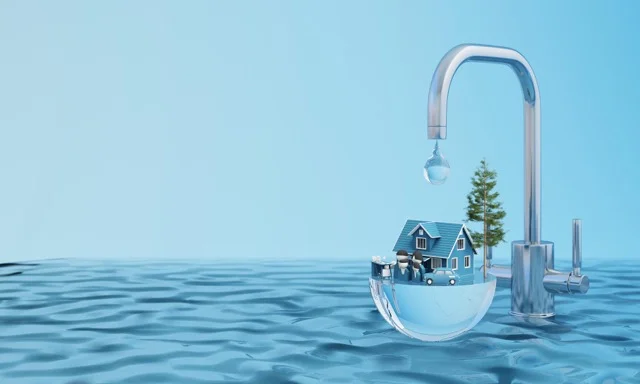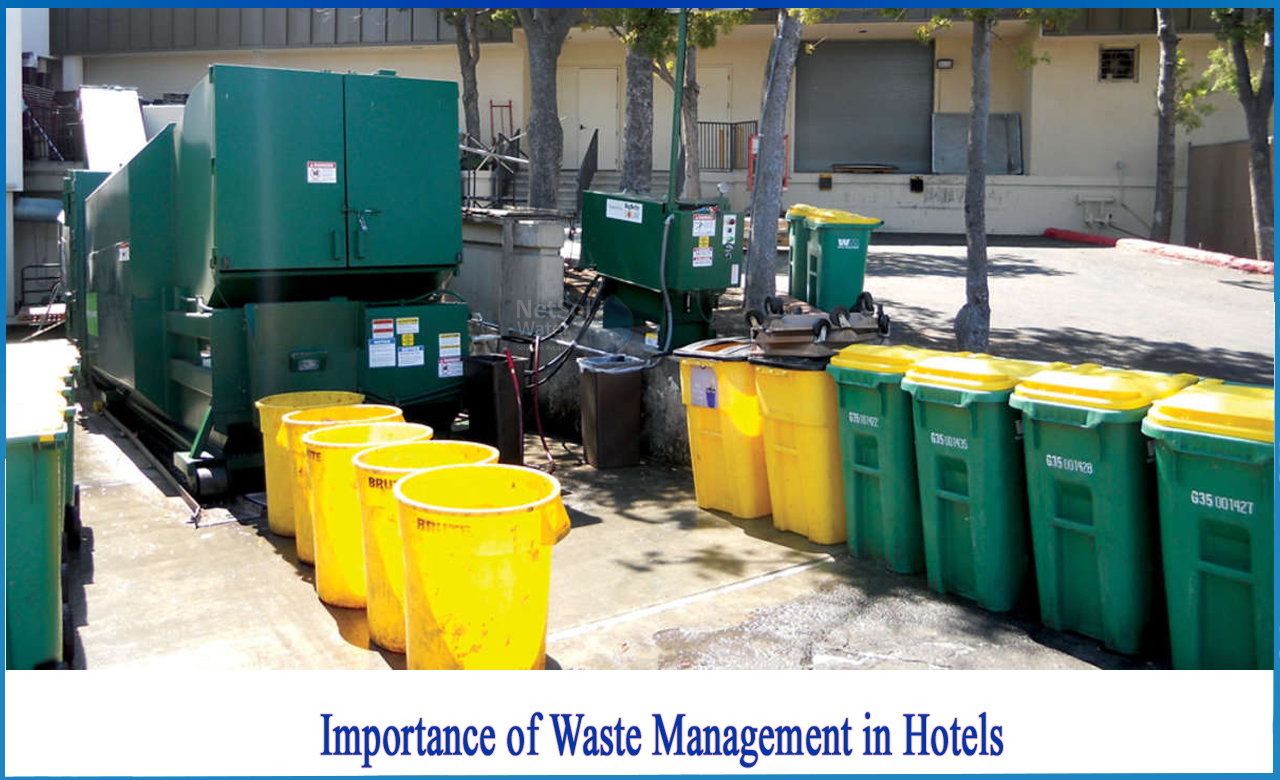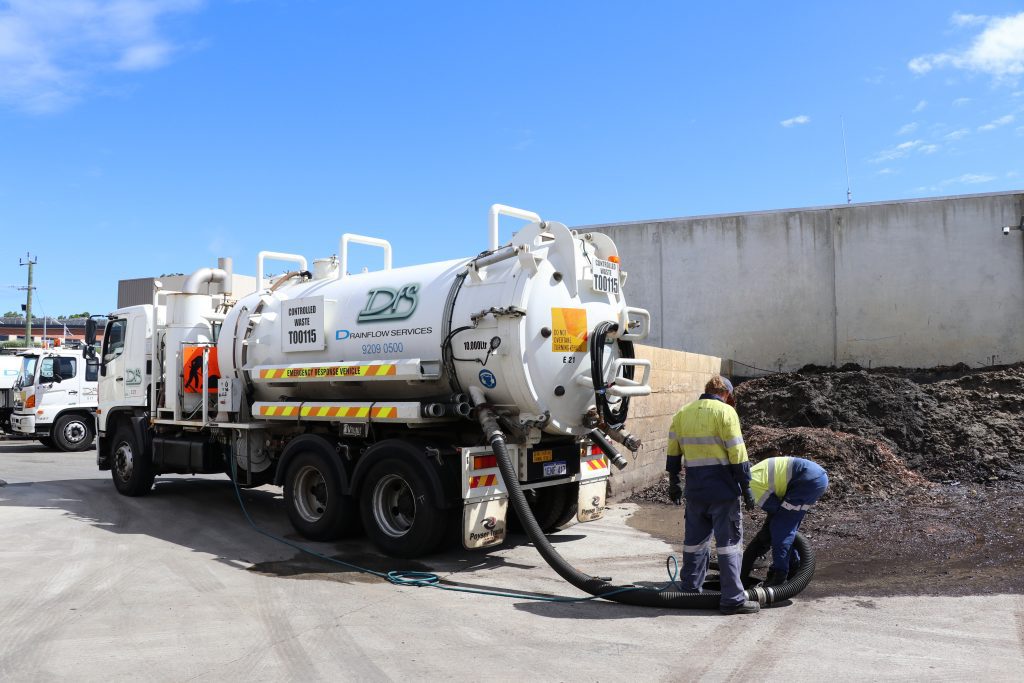The Ultimate Guide To Reclaim Waste
5 Easy Facts About Reclaim Waste Described
Table of ContentsThe Best Guide To Reclaim WasteFascination About Reclaim WasteFascination About Reclaim WasteThe 25-Second Trick For Reclaim WasteThe smart Trick of Reclaim Waste That Nobody is DiscussingAll About Reclaim Waste

Never put unsafe materials down sinks, bathrooms or stormwater drains Compounds including gasoline, oil, oil, pesticides and herbicides, and solvents such as paint pole dancers must not be put down sinks, bathrooms or stormwater drains. These materials are challenging to eliminate in the sewer treatment procedure and trigger pollution issues in our local rivers.

Although liquid waste is a term that covers a wide range of materials, there's an excellent reason that leaving its disposal to the professionals is suggested. Liquid waste is non-solid product that has no further use and must be dealt with and gotten rid of according to local, state and government policies.
The Reclaim Waste Diaries
Although instances of fluid waste can include wastewater, fats, oils or oil, made use of oil, liquids, solids, gases or sludges and unsafe household liquids, there are some that are considered to be more hazardous than others when it pertains to the environment and the health and wellness of pets and human beings alike. It's therefore that each state and territory have rigorous laws connected to fluid waste monitoring.
Fluid waste can be kept in holding tanks or packaged in drums, intermediate mass containers or authorized little containers prior to either being treated or gotten rid of by means of outsourced vacuum vehicles. Offered the nature of the products, fluid waste can not go in the general waste stream and there are stringent guidelines on exactly how to throw away it properly.
(https://www.ted.com/profiles/48198485/about)Depending upon a determination of the level of threat, it might be necessary to remediate those websites. On top of that, harmful liquid chemical wastes are regulated waste and must be tracked in conformity with the state waste regulation. Under the chain of custody and obligations, owners are responsible and responsible for waste created by an organization.
Among the core applications for superabsorbent polymers (SAPs) is liquid waste solidification. liquid waste removal. SAPs are used by waste management professionals to avoid possibly harmful liquids from getting in waterways, groundwater aquifers, and various other sensitive environments. Because fluids can rapidly move impurities right into ecological receptors and possibly add to geotechnical failures, liquid wastes are often prohibited from disposal in garbage dumps
Some Known Facts About Reclaim Waste.
Generally, totally free liquids are fluids that separate from the solid part of waste product. Liquid waste can include the following: HDD mud and cuttings Landfill leachate Wastewater therapy sludge & biosolids Dug up sediments Oil and gas drill cuttings Clearing up pond filth Hydro Excavation slurry Coal combustion residuals/ash Tank bottom sludge Concrete grinding/polishing slurry Related Article: For a useful instance of totally free liquids dividing from waste material, consider the complying with scenario: A waste administration professional tons a dump truck with sludge from a wastewater therapy plant's oygenation basin, during a routine upkeep occasion.
However, when the motorist reaches the landfill, he notices water leaching from the sludge and pouring from the dump truck. The lots was turned down by the visit landfill and the chauffeur was forced to dispose of the waste as a liquid waste at an unique facility, which increased the disposal charges tremendously.
The world is sinking in rubbish and we can not manage to be irresponsible anymore. We have to do something about it and reuse whatever we can wherever we can. We also need to be in charge of the proper disposal of our waste products. It is not nearly enough that we pay garbage disposal firms to look after our rubbish.
Facts About Reclaim Waste Revealed

Segregating your waste can start inside the home. Segregate completely dry and fluid waste as well as edible waste, eco-friendly and non-biodegradable products.
Layer the base with dirt to absorb the damp waste. Layer the compost with wet and dry waste as well as soil to preserve a balance in between the wet and the dry.
The Only Guide to Reclaim Waste
Cover the garden compost container. Once a week, include dirt on top of the compost. To promote faster decay, you can also add semi composted soil to the compost. Maintain the compost. If you observe the smell is ending up being also solid, add additional papers and paper waste or add more openings to the compost container to keep the equilibrium of the waste materials.
We additionally require to be liable for the correct disposal of our waste products. It is not enough that we pay waste disposal companies to take care of our rubbish.
Our waste, our obligation. Have you ever before wondered what happens to your liquid waste after it's gathered? Did you understand that liquid waste can be recycled?
The Main Principles Of Reclaim Waste
The perfect location is a great outside area with a lot of sunlight and air. Segregate your waste. Segregating your waste can begin inside the home. Segregate dry and liquid waste along with edible waste, naturally degradable and non-biodegradable products. Constantly keep the cover on your containers to prevent bugs, worms, flies, and unpleasant smells.
Layer the base with dirt to take in the wet waste - liquid waste disposal. Layer the compost with wet and dry waste as well as dirt to maintain a balance in between the wet and the completely dry.
To facilitate faster decomposition, you can additionally add semi composted soil to the garden compost. If you see the odor is becoming as well solid, add added newspapers and paper waste or include more holes to the compost container to keep the equilibrium of the waste products.